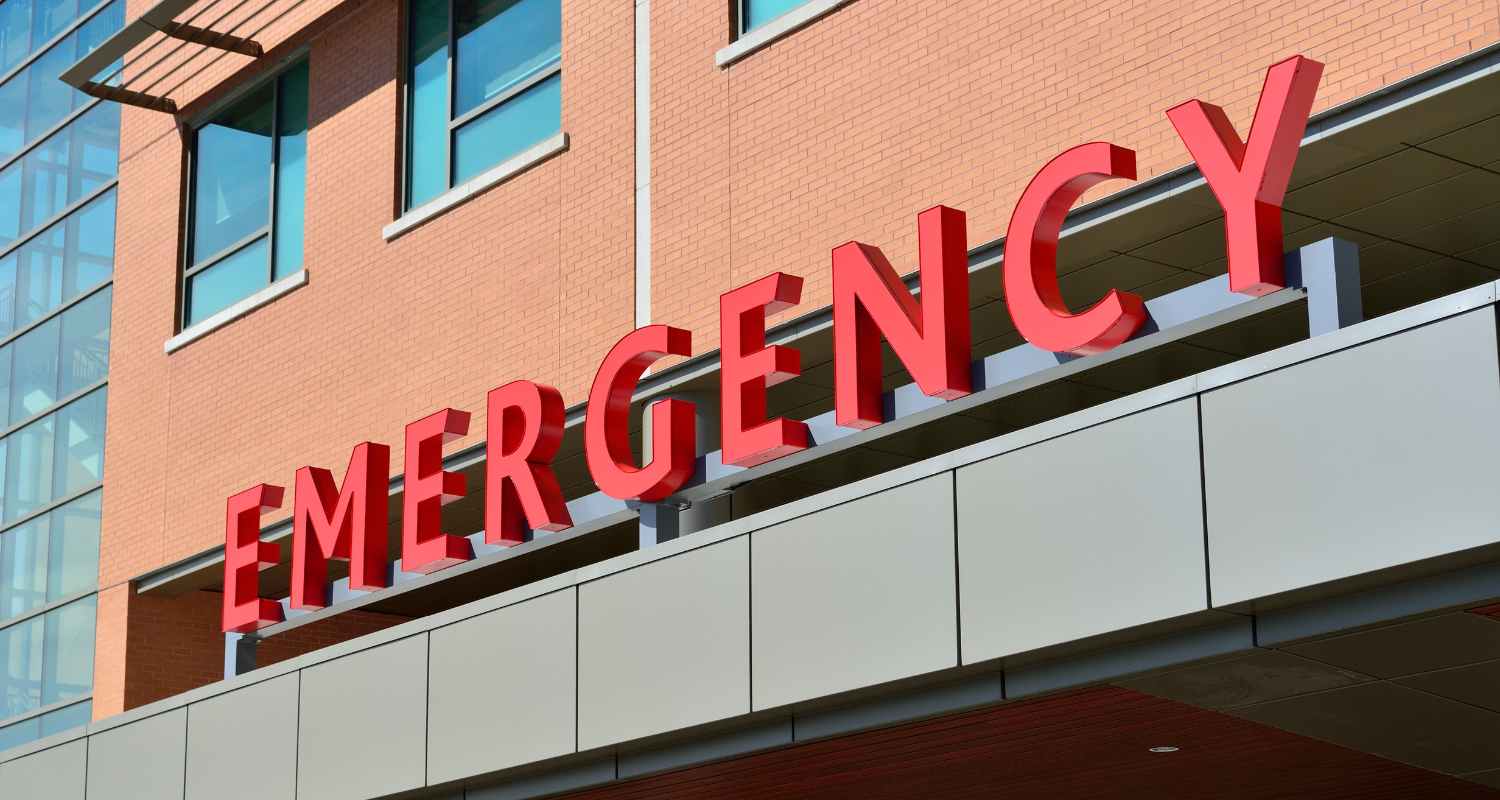Dental emergencies can strike suddenly, causing pain, disruption, and anxiety. While some emergencies are unavoidable accidents, many can be prevented with proactive care and healthy habits. This guide explores the common causes of dental emergencies in Saint John, NB, and provides practical tips to safeguard your smile and minimize your risk.
Top Causes of Dental Emergencies in Saint John
- Sports Injuries:Saint John boasts an active population, with many residents participating in sports and recreational activities. Unfortunately, these activities can also lead to dental injuries, such as chipped or knocked-out teeth.
- Prevention: Wearing a properly fitted mouthguard during sports is crucial to protect your teeth from impact.
- Falls and Accidents:Falls, whether at home, on the playground, or during winter activities, can lead to dental trauma, including broken teeth, jaw fractures, and soft tissue injuries.
- Prevention: Take precautions to prevent falls, such as wearing appropriate footwear, clearing icy walkways, and using safety gates for young children.
- Biting on Hard Objects:Biting down on hard objects like ice, popcorn kernels, or hard candies can chip, crack, or even break teeth.
- Prevention: Avoid chewing on hard objects and be mindful of what you’re eating.
- Poor Oral Hygiene:Neglecting oral hygiene can lead to various dental emergencies, including:
- Toothaches: Poor oral hygiene can lead to cavities and gum disease, both of which can cause severe toothaches.
- Abscesses: An abscess, a painful infection in the gums or at the root of a tooth, can result from untreated cavities or gum disease.
- Lost Fillings or Crowns: Poor oral hygiene can weaken teeth, making them more susceptible to losing fillings or crowns.
- Prevention: Practice excellent oral hygiene by brushing twice a day with fluoride toothpaste, flossing daily, and using mouthwash. Attend regular dental checkups and cleanings for professional care and early detection of problems.
- Untreated Dental Problems:Ignoring dental problems or delaying treatment can turn minor issues into emergencies.
- Prevention: Don’t postpone dental care. Address any concerns promptly by scheduling regular checkups and seeking treatment for any dental problems.
- Grinding Teeth (Bruxism):Teeth grinding, often done unconsciously during sleep, can wear down teeth, cause jaw pain, and even lead to chipped or cracked teeth.
- Prevention: If you grind your teeth, talk to your dentist about getting a custom-fitted night guard to protect your teeth while you sleep. Manage stress through relaxation techniques or exercise, as stress can exacerbate bruxism.
- Using Teeth as Tools:Using your teeth to open packages, tear tags, or hold objects can put excessive stress on them, leading to chips, cracks, or even fractures.
- Prevention: Avoid using your teeth as tools. Use appropriate tools like scissors or pliers for those tasks.
- Gum Disease:Gum disease, an infection of the tissues and bones supporting the teeth, can lead to various emergencies, including:
- Bleeding gums: Gum disease often causes gums to bleed easily, especially during brushing or flossing.
- Loose teeth: As gum disease progresses, it can weaken the supporting structures of teeth, leading to loose teeth or even tooth loss.
- Abscesses: Gum disease can also lead to abscesses, requiring immediate treatment.
- Prevention: Practice good oral hygiene, including brushing, flossing, and using mouthwash. Attend regular dental checkups for professional cleanings and early detection of gum disease.
Tips for Preventing Dental Emergencies
- Prioritize Oral Hygiene: Brush twice a day with fluoride toothpaste, floss daily, and use mouthwash to remove plaque and food particles.
- Regular Dental Checkups and Cleanings: Visit your dentist at least twice a year for professional cleanings, exams, and early detection of dental problems.
- Wear a Mouthguard: Use a mouthguard during sports and recreational activities to protect your teeth from injury.
- Healthy Diet: Limit sugary and acidic foods and drinks to minimize the risk of cavities and enamel erosion.
- Avoid Hard Objects: Don’t chew on ice, popcorn kernels, hard candies, or other hard objects that can damage your teeth.
- Don’t Use Teeth as Tools: Avoid using your teeth to open packages, tear tags, or hold objects.
- Manage Stress: Practice stress management techniques to reduce teeth grinding.
- Address Dental Problems Promptly: Don’t delay treatment for any dental concerns, as minor problems can escalate into emergencies.
Be Proactive, Not Reactive
Taking a proactive approach to your oral health can significantly reduce your risk of dental emergencies. By following these preventive measures and establishing a relationship with a trusted dentist in Saint John, you can safeguard your smile and enjoy optimal oral health for years to come. Remember, prevention is always better than cure, and investing in preventive care today can save you from pain, discomfort, and costly treatments down the road.
If you have any questions or concerns, please contact us. Or if you’d like to visit our dental clinic, please find us on Google Maps.


